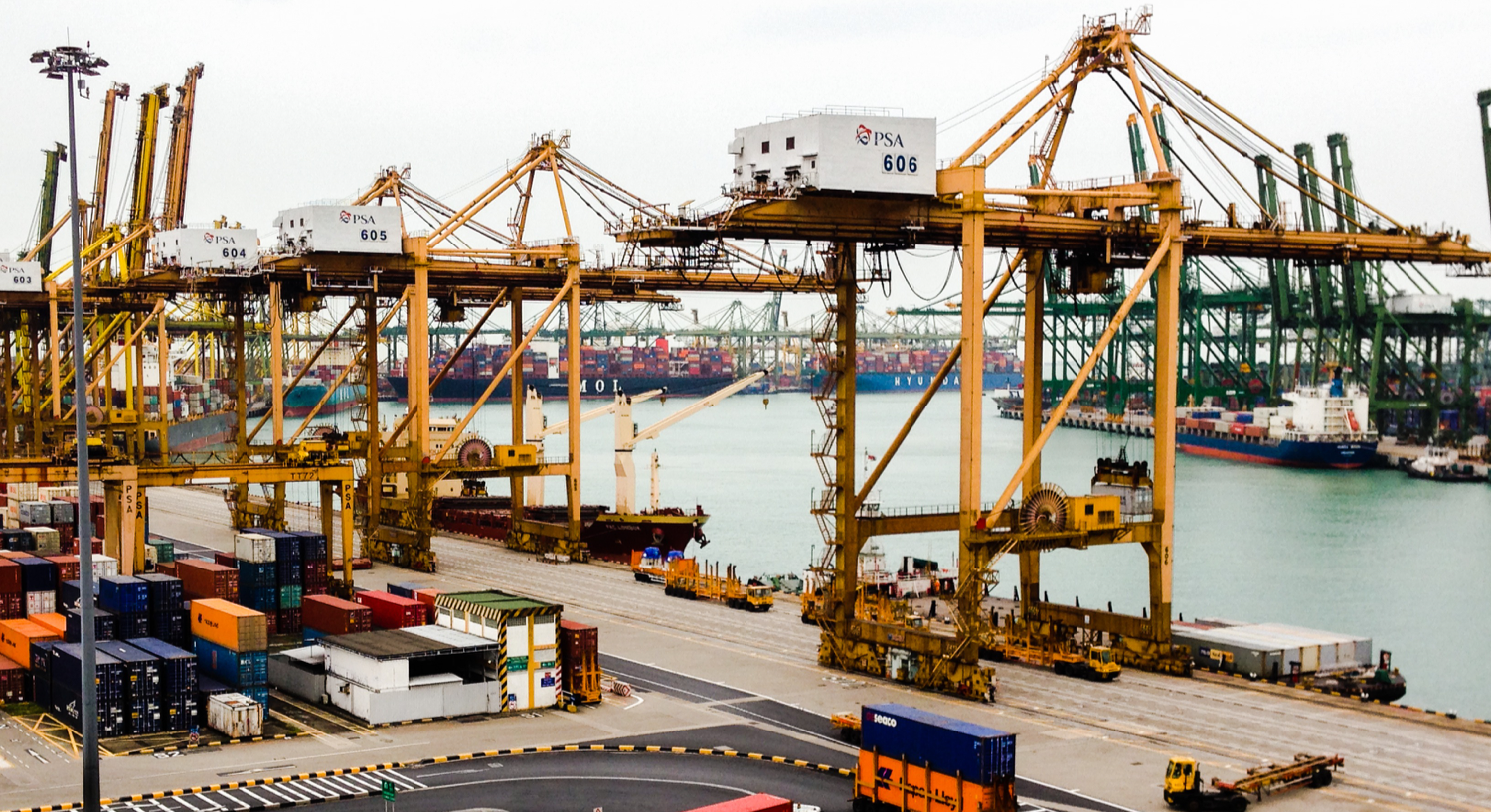No U.S.? No problem.
On July 19, Singapore officially ratified the Comprehensive and Progressive Agreement for Trans-Pacific Partnership (CPTPP).
11 countries are involved, including:
- Australia
- Brunei Darussalam
- Canada
- Chile
- Japan
- Malaysia
- Mexico
- New Zealand
- Peru
- Singapore
- Vietnam
By ratifying the treaty, Singapore becomes the third country to do so, after Mexico and Japan.
TPP successor
So the full name of the CPTPP is a mouthful, but it isn't that complicated.
It's a Free Trade Agreement that acts as a successor to the Trans-Pacific Partnership (TPP), another agreement that involved basically the same countries, and the U.S. too.
However, the TPP came to a halt after President Donald Trump decided to withdraw the U.S. from the agreement.
[related_story]
Still, that hasn't deterred Singapore from persuading the U.S.
This was what Prime Minister Lee Hsien Loong said during a speech in Washington D.C. in Oct. 2017:
"The TPP (Trans-Pacific Partnership) was one way to deepen economic cooperation across the Pacific and to achieve a strategic objective, which was to bring the Pacific countries closer together and enhance the chances of stability and security.
But because of domestic imperatives, the U.S. decided to withdraw from the TPP. The remaining TPP countries are naturally disappointed, but they are continuing to work among themselves to take the TPP-11 forward."
Important for Singapore
With Singapore's ratification in July 2018, that work has taken an important step forward.
But why was Singapore so keen on the TPP, and is so keen on the CPTPP?
Minister for Trade and Industry Chan Chun Sing shared some insights on his Facebook page on July 19:
Chan said:"(The CPTPP) will eliminate or reduce tariff and non-tariff barriers to create new opportunities and benefits for businesses, workers and consumers across the Asia-Pacific region.
The CPTPP also promotes innovation, productivity, competitiveness and inclusive trade, bringing benefits to even small and medium sized businesses."
According to MTI, once ratified, the agreement will reduce market barriers and promote trade in a combined market of half a billion people, with a Gross Domestic Product of US$10 trillion.
By comparison, the size of the ASEAN Free Trade Area is only about US$2.5 trillion.
Rules-based order
Trade is the lifeblood of a small, open economy like Singapore's, but the CPTPP has other benefits too.
For example, it establishes clear rules for new fields such as e-commerce.
Given Singapore's commitment to a multilateral, rules-based order, a key tenet of our foreign policy, ratifying the CPTPP reinforces that principle.
However, the agreement will only come into force 60 days after six of the 11 signatories have ratified it.
And we need three more ka kis.
Top image via Getty Images.
If you like what you read, follow us on Facebook, Instagram, Twitter and Telegram to get the latest updates.
